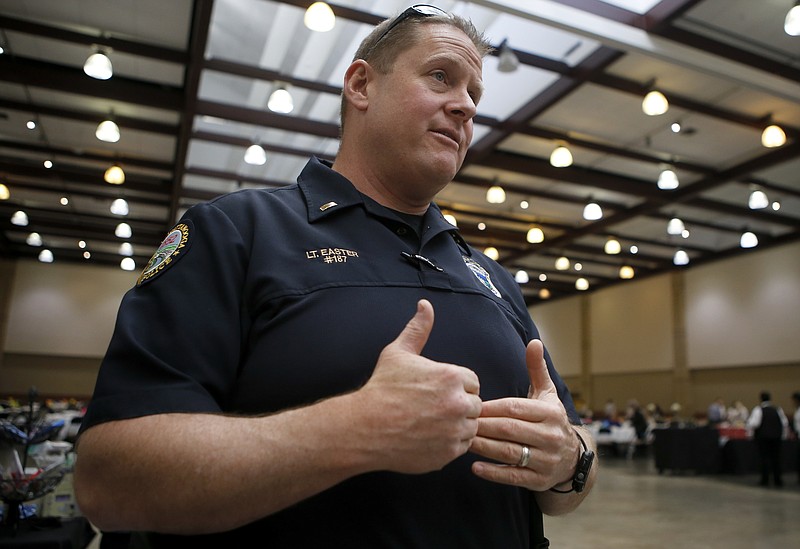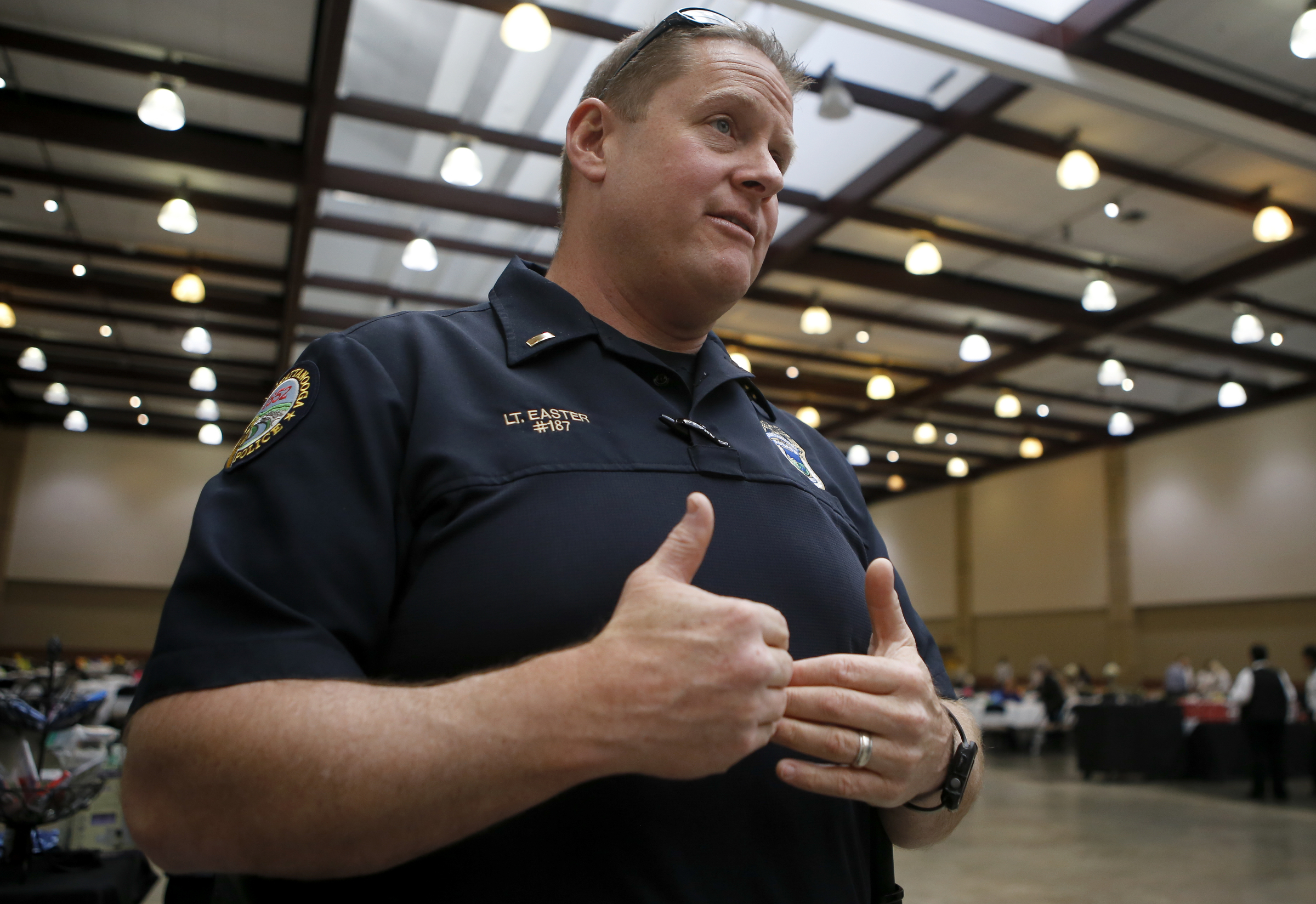Family Justice Center
Address: 5705 Uptain RoadChattanooga, TN 37411Phone: (423) 643-7600Hours: Monday-Friday 8:30 a.m.-5 p.m.; Second and fourth Thursdays of each month hours are extended until 7:30 p.m.
The Tennessee Bureau of Investigation has released its annual report on domestic violence, which shows the number of reported incidents dropped almost 2 percent last year, but authorities say the number of actual incidents is much higher.
Tennessee saw 77,846 domestic violence offenses reported statewide in 2017, a 1.8-percent decrease from the year before, according to the TBI, which compiles crime data submitted to it by law enforcement agencies throughout the state.
Two-thirds of those offenses were reported as simple assaults. The report shows women and children "generally have the highest potential for domestic abuse victimization."
"The problem of domestic violence has consistently plagued our society," the report states. "Overall, females were three times more likely to be reported as victims than males."
Juveniles made up 9.8 percent of the reported victims in 2017, with fondling being the most reported offense. Statutory rape charges, however, dropped 25.8 percent to 112 in 2017.
Reported data also shows that while domestic violence victims and offenders can have a variety of relationships, intimate relationships are most common in cases of abuse. There were 11,460 spousal relationships reported in incidents last year.
Of the cases of domestic abuse, Tennessee law enforcement reported 35,773 were boyfriend/girlfriend relationships and 1,641 were intimate same-sex relationships.
The report also noted that law enforcement cleared 59 percent of the incidents reported last year, but all too often, the nature of those crimes presents unique barriers to solving cases.
"Because of the very nature of domestic violence and the close interpersonal relationships that exist between the victim and offender, it can be challenging for law enforcement to complete an arrest," the report states.
"Cohabitating domestic violence victims and offenders can present an obvious challenge in clearing an incident due to victims not cooperating in order to prevent subsequent abuse and turmoil within the household."
Chattanooga Police Department Lt. Anthony Easter, commander of the city's Family Justice Center, said he has responded to calls and spoken to victims who declined to press charges.
"Someone could get called for domestic violence and you go out there and there's a woman standing there with a big black eye and she says, 'I fell down the stairs,'" he said. "You know and I know that person has been a victim of domestic violence, but we can't prove it."
However, law enforcement agencies have made some progress in responding to domestic violence by implementing "lethality assessment" programs that essentially rate the danger facing a victim.
Officers fill out questionnaires with victims and note factors such as whether the victim has ever been hurt or felt threatened by the offender before. If the situation warrants it, the officer then will connect the victim to a counselor who can develop a safety plan with them to get out of that dangerous environment.
Easter said it's a problem that affects everyone, but the police department and the Family Justice Center have resources available to help.
"There's no demographic boundaries or barriers that this is isolated to," he said. "It transcends all barriers. It happens in homes where people are making a quarter million dollars a year and it happens in homes where people are on food stamps."
Anyone in an immediate emergency should call 911, but victims also are able to call a domestic violence and sexual assault crisis hotline at 423-755-2700 that is available 24/7. All services provided at the Family Justice Center are free and confidential, and no appointment is necessary during regular business hours.
Contact staff writer Emmett Gienapp at egienapp@timesfreepress.com or 423-757-6731. Follow him on Twitter @emmettgienapp.

